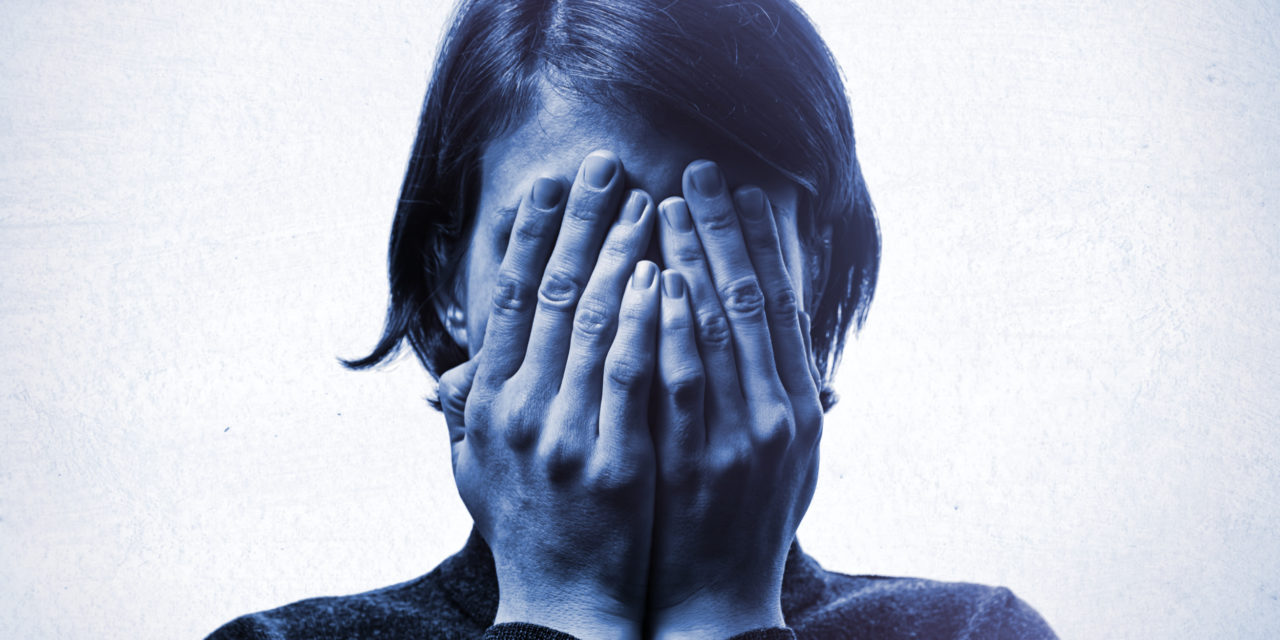The spread of the coronavirus has led state and local governments to issue “stay at home orders” to limit contact outside of the household. But these mandates have caused unexpected consequences for survivors of domestic violence—or “intimate terrorism.”
Many of these survivors may no longer be able to find safety in the workplace. And some immigrant survivors may be particularly vulnerable during the national lockdown.
Changes to Income and Workplace Structure May Increase Domestic Violence
Over the span of weeks, millions of individuals across the United States lost their jobs as the country plummeted into economic uncertainty. For survivors of domestic violence, losing a job may very well mean more than losing an income. For some it can also mean losing the ability to leave an abusive relationship or contribute to financial stress that can destabilize a family or intimate relationship.
Those who can continue working remotely may also have lost their workplace as a respite from violence at home. One report notes that while a survivor of domestic violence may be able to continue earning a paycheck while working at home, they:
“May be experiencing heightened physical and emotional violence as well as employment sabotage at the hands of an intimate partner, who is now equipped with additional opportunities to monitor the survivor’s job-related activities.”
A Surge in Domestic Violence Calls
D.C. Safe, a non-profit that coordinates emergency services for survivors, reported that its calls had doubled in the second two weeks of March. The National Domestic Violence Hotline has received nearly 2,000 calls a day since the outbreak of the pandemic.
The sobering trend is not limited to the United States.
In early April, the United Nations Secretary-General described a “horrifying global surge in domestic violence” as the coronavirus and its consequences continued to spread. International organizations that combat violence in the home have reported a spike in calls to emergency help lines.
The national lockdown has also fractured support networks. Divorce proceedings may be postponed, finding a new home may be difficult with reduced income, shelters are nearing capacity, and in-person support groups are temporarily suspended.
The Heightened Risk for Immigrant Survivors of Violence
Evidence shows that undocumented immigrant survivors of domestic violence may fare worse.
Non-citizens can experience a distinctive yet overlooked set of vulnerabilities during the pandemic. Many work in service sectors such as hospitality and restaurants that have had to close, adding economic pressures to the household. Others are essential workers in healthcare or grocery stores facing serious risks to their health and well-being.
Many immigrants–both documented and undocumented–cannot get needed virus testing or medical treatment, nor will they receive any tax relief from the coronavirus stimulus package.
When these coronavirus-related stressors further compound violence in the home, undocumented people in particular are less likely to contact law enforcement. Studies show that unauthorized immigrants are less likely to report abuse or crimes to police for fear that doing so could impact their legal status.
The coronavirus places us all at risk, regardless of immigration status. This is a time for people to check in on each other and for our country to provide much-needed support services to all in our community, including those uniquely vulnerable.
FILED UNDER: covid-19, Domestic Violence


